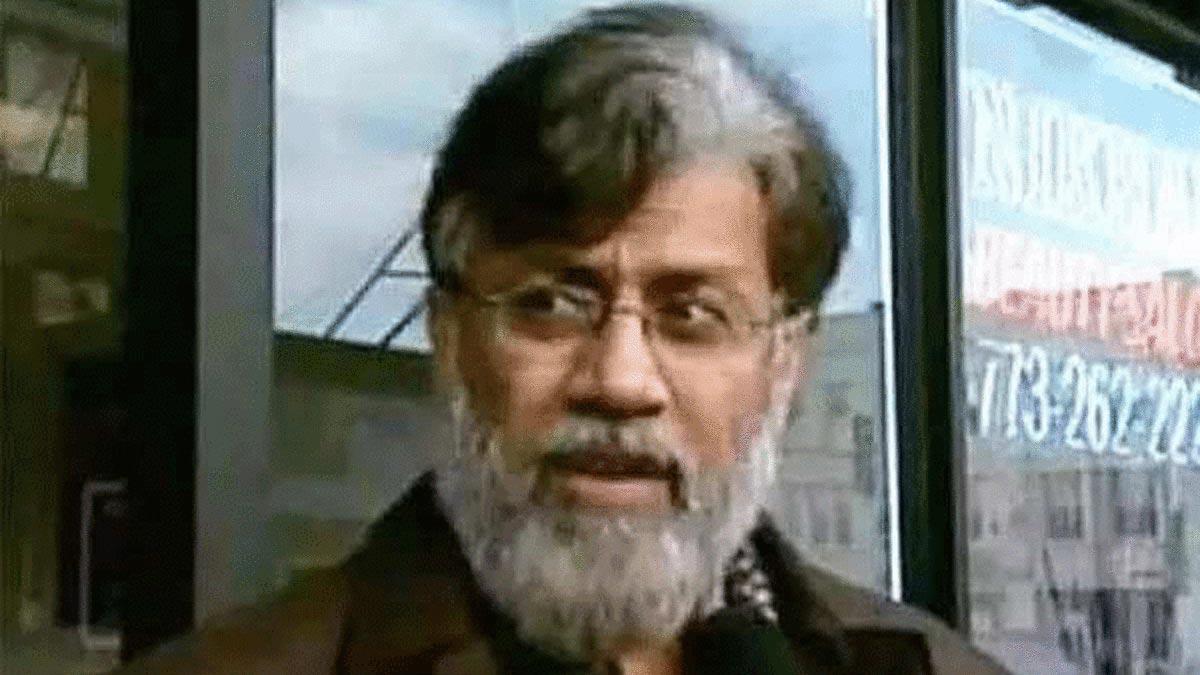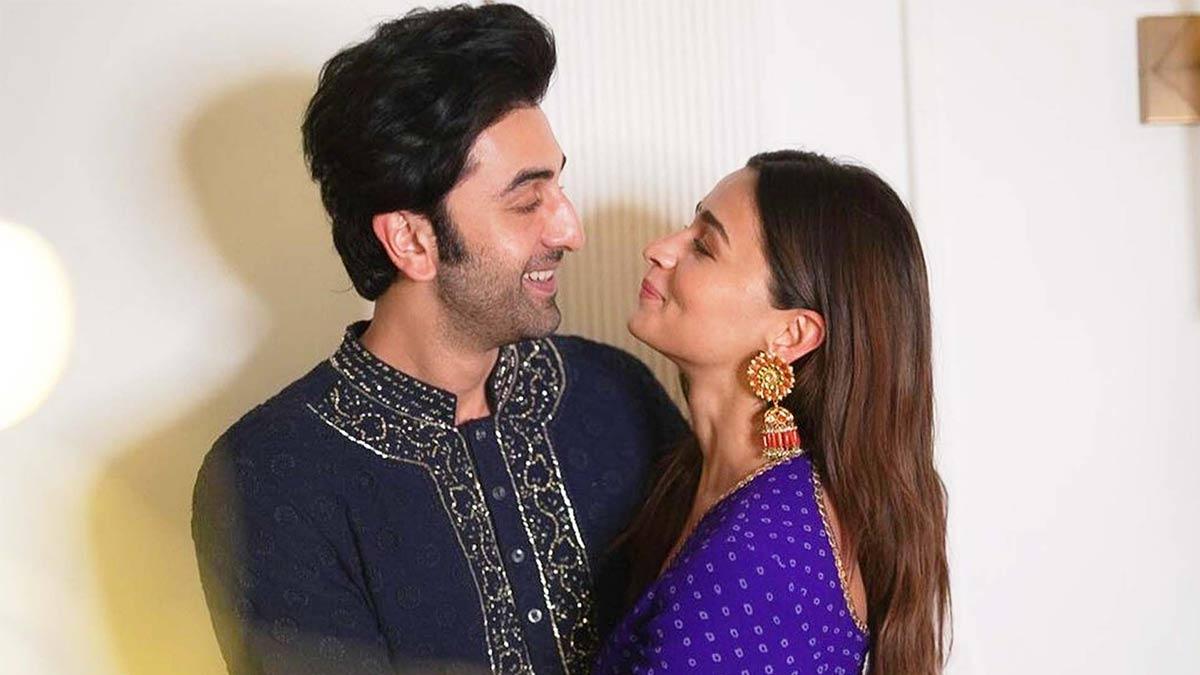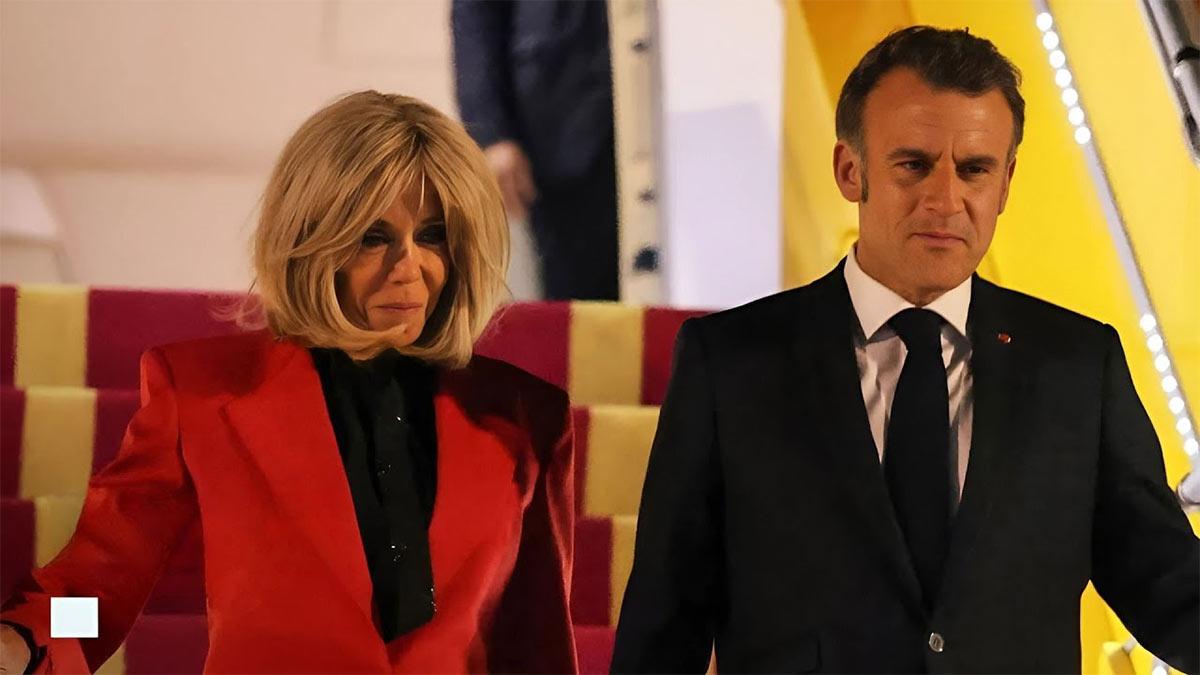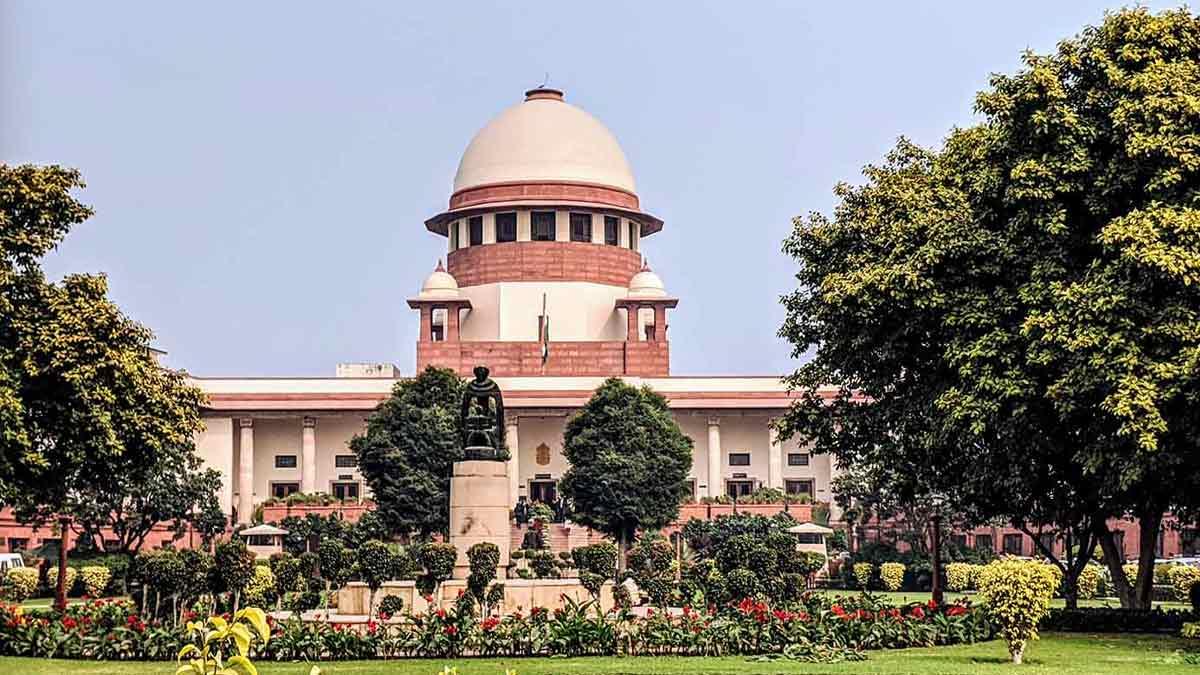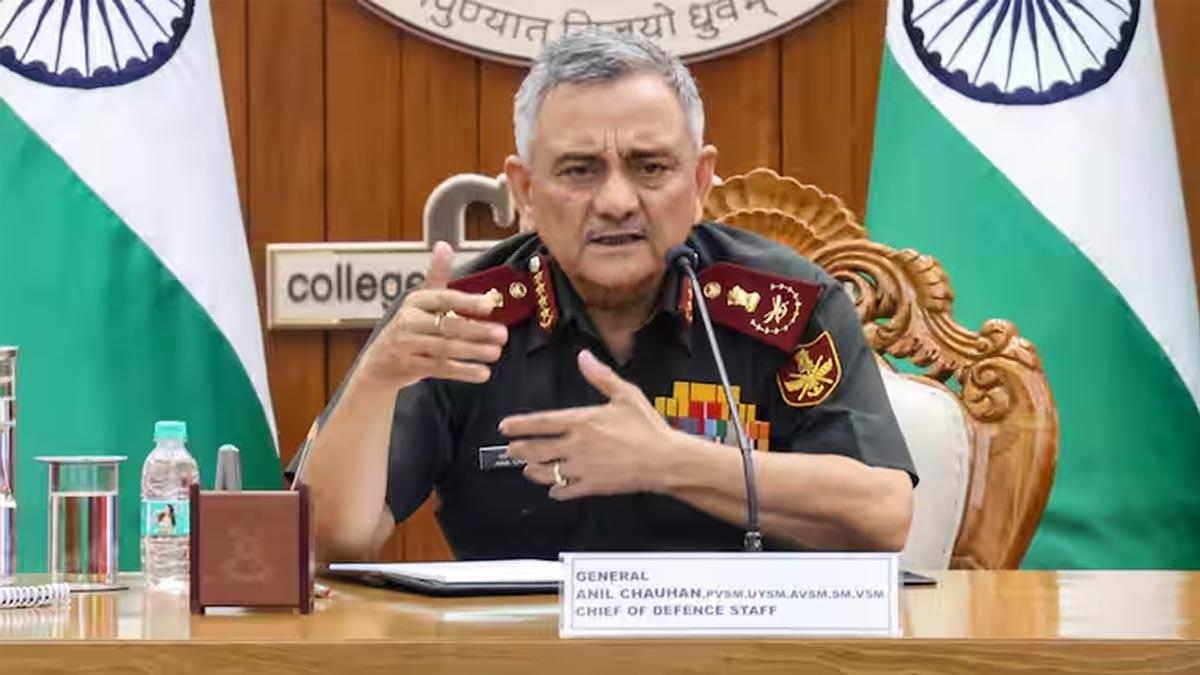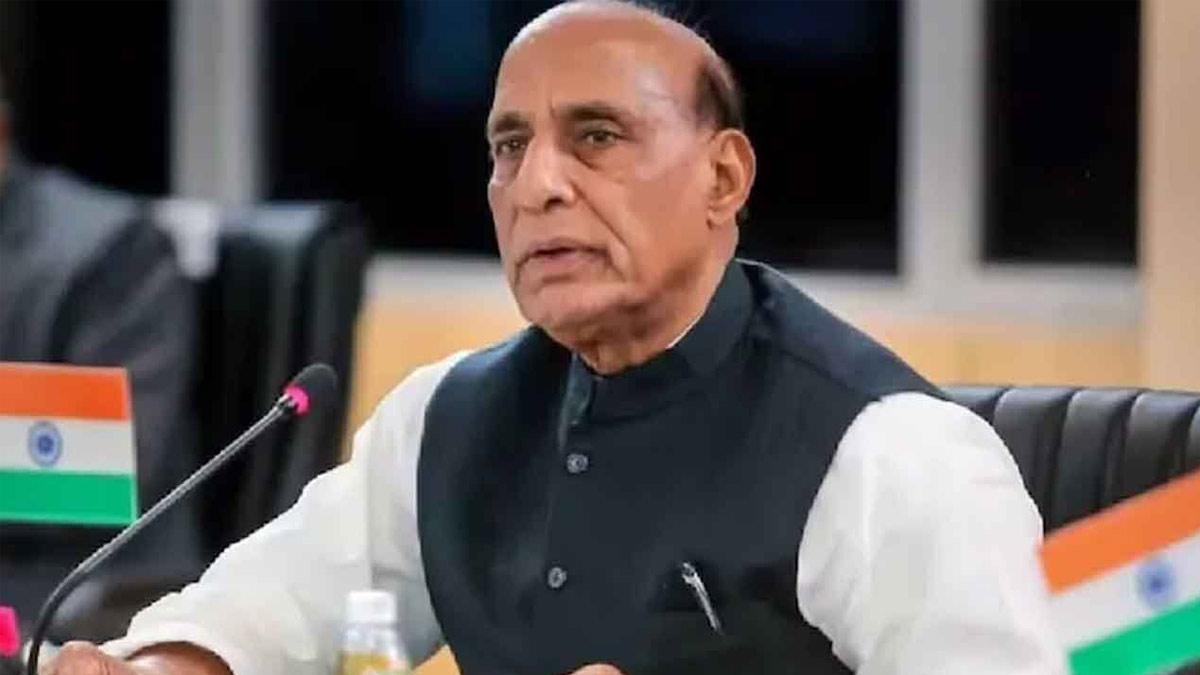After the US Supreme Court rejected Tahawwur Rana's plea to suspend his extradition, the 26/11 accused conspirator is likely to land in India on Wednesday, with the National Investigation Agency (NIA) ready to take him into custody.
The NIA is ready to bring Rana back to Indian soil to stand trial for his role in the 2008 Mumbai terror attacks, sources said.
Although it is unclear whether he will be airlifted to Delhi or Mumbai, sources claim that Mumbai is the stronger possibility, given that it was the target of the 26/11 attacks. It has also been reported that Rana will first stay in NIA custody for a few weeks after arrival.
Rana's extradition is a major milestone in bringing him to justice for assisting in the planning of the 2008 attacks, which killed 157 individuals.
Earlier this week, the US Supreme Court officially denied his request to prevent the extradition. "Application (…) denied by the Court," the update posted on the court's docket on Monday read.
Rana, who is both a Pakistani and Canadian citizen and is linked to the terror group Lashkar-e-Taiba (LeT), had also contended against extradition on grounds of fears of likely torture. His lawyer, Tillman J. Finley, referred to an identical UK case by saying, "A man convicted of money laundering was blocked from being extradited by a London court enforcing his fears of torture.". If that individual could not be extradited to India because he would probably be tortured, the petitioner is even more likely to be tortured and similarly should not be extradited.
In spite of the argument, Justice Elena Kagan denied the plea in March. Rana then took the appeal to Chief Justice John Roberts, who calendared the case for a conference on Friday, with the ultimate decision released on Monday.
Rana is charged with helping David Coleman Headley, a Pakistani-American agent who was convicted in the US for casing sites later attacked by LeT terrorists in 2008. Although a US jury acquitted Rana of outright providing material support for the attacks, he was convicted on two counts and received more than a decade in prison.
Upon health issues attributed to Covid-19, Rana was released initially but then rearrested in relation to the extradition request from India.
Headley, on the other hand, had entered into a plea bargain with American prosecutors that provided for protection against extradition. Rana continued to fight his extradition till all the legal options were closed, including the recent denial of his petition by the chief justice.
Notably, former US President Donald Trump had announced the decision to extradite Rana during Prime Minister Narendra Modi’s White House visit in February. Since then, Rana had been seeking to prevent his transfer through legal means, culminating in the now-rejected Supreme Court plea.
Read also| Report: Rippling Co-Founder’s Wife Alleges Infidelity and Coercion Into Open Marriage

